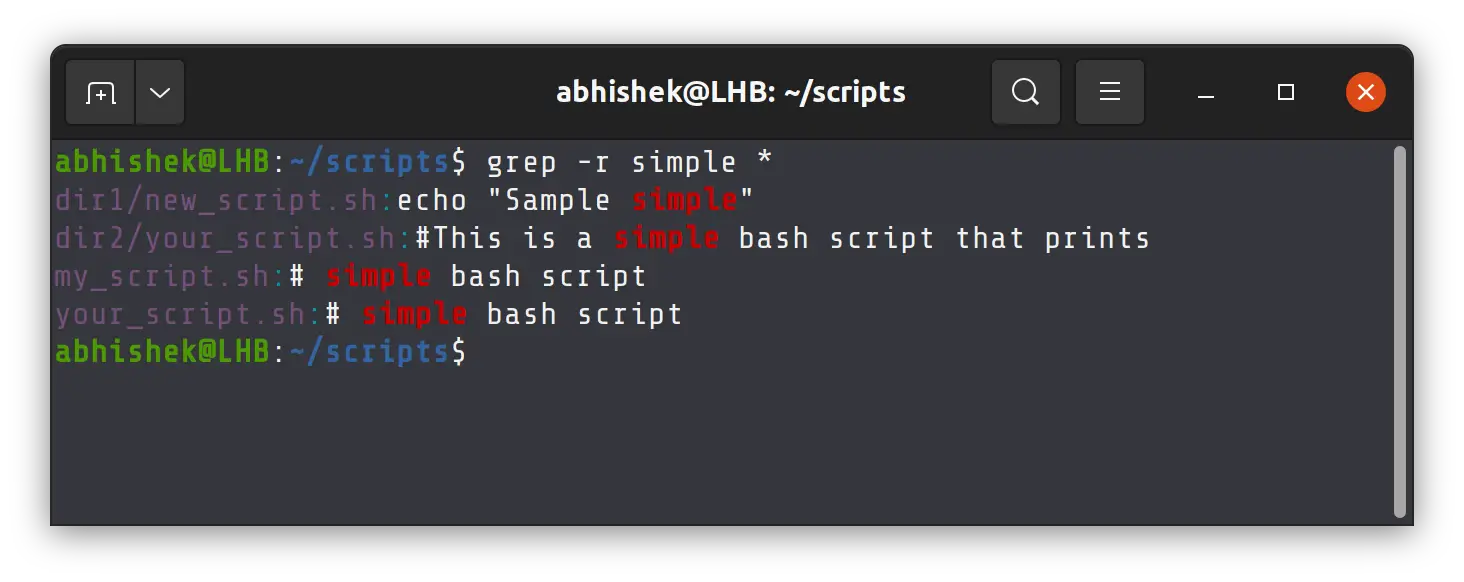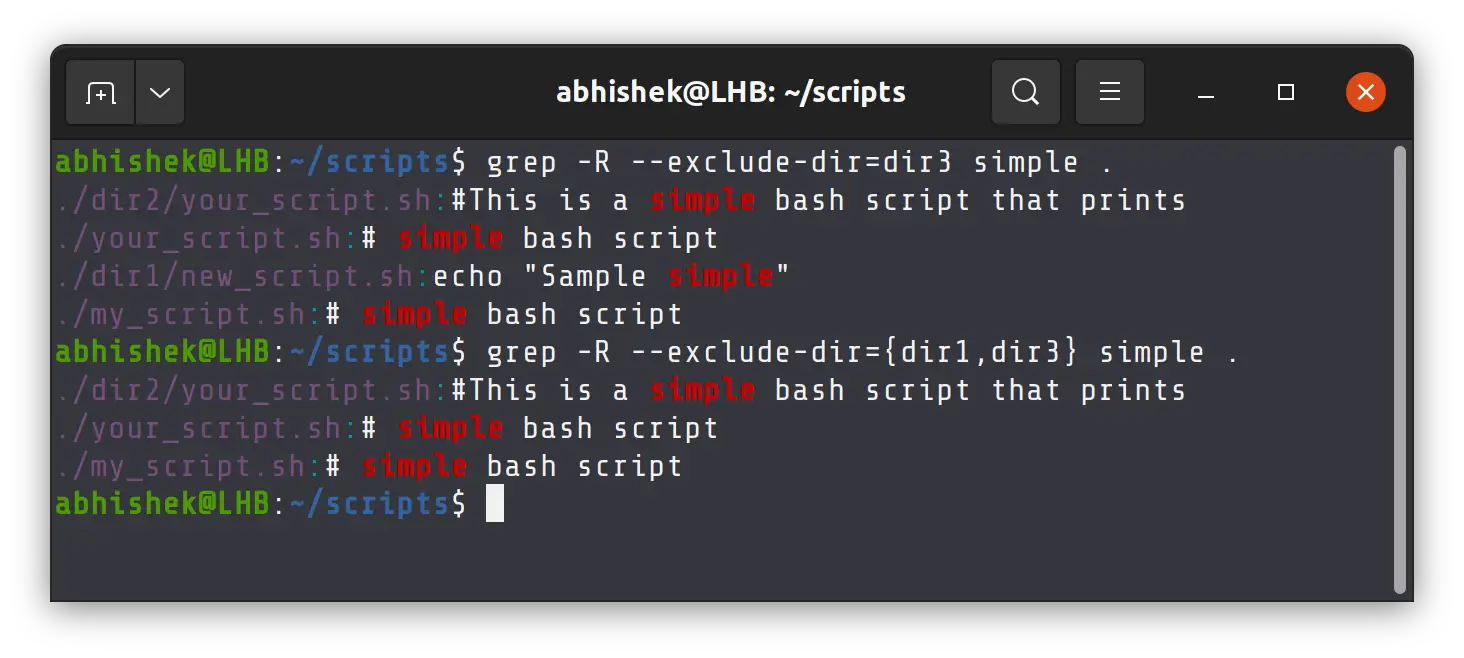

Including or excluding mounted file systems from searches.Using gitignore-style globs to select directories and files to search.gitignore-specified files with -ignore-files Searching and displaying binary files with -U, -W, and -X.Using filter utilities to search documents with -filter.Find files by file signature and shebang "magic bytes" with -M, -O and -t.Searching compressed files and archives with -z.
#Antiword grep recursive search text code#

Matches Unicode patterns by default and automatically searches UTF-8, UTF-16 and UTF-32 encoded files add file indexing to speed up cold search performance, see ugrep-indexerĬompatible with the GNU grep command options and output, but faster and with a lot more features.

share reproducible performance results with the community.improve the interactive TUI with a split screen and regex syntax highlighting.listen to users to continue to add new and updated features.make ugrep even faster and report on progress, see my latest article and planned enhancements #288.my highest priority is quality assurance to continue to make sure ugrep has no bugs and is reliable.Option -Q opens a query TUI to search files as you type! ugrep+ for batch use, also searches pdfs, documents, e-books, image metadata.ug+ for interactive use, also searches pdfs, documents, e-books, image metadata.ugrep configuration file with your preferences located in the working directory or home directory (run 'ug -save-config' to create a. The ugrep tools include the following commands: New faster ugrep 4.2 and new ugrep-indexer tool to speed up search with file system indexing. Ugrep's features and speed beat GNU grep, Silver Searcher, ack, sift, and ripgrep in almost all benchmarks. Ugrep is like grep, but faster, user-friendly, and equipped with a ton of new features.


 0 kommentar(er)
0 kommentar(er)
